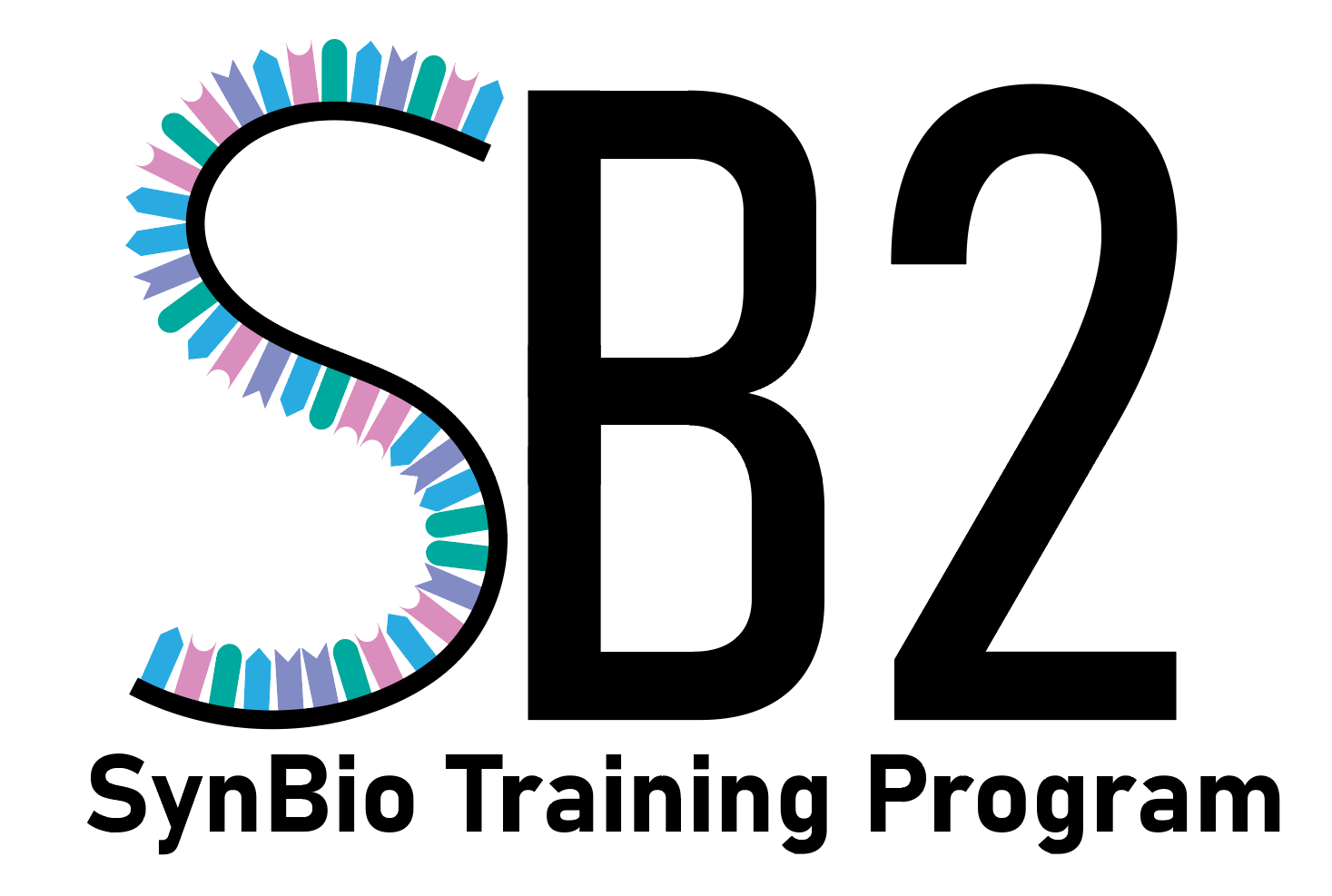Program Details
SB2 is an integrated training program focusing on three training pillars:
- Synthetic Biology Technical Training: foundational synthetic biology concepts, tools and techniques, and best practices; core scientific skills, including critical thinking and experimental design.
- Biotechnology and Business Training: extensive exposure to the biotechnology/pharmaceutical community; participation in industry research via a 12-week internship; core concepts for building applications and commercializing new technologies.
- Professional Training: formal and informal training opportunities to develop critical professional skills, including communication, teamwork, project management, and conflict resolution, all of which are needed to succeed in interdisciplinary research.
These pillars emphasize the critical skills needed to adequately prepare the next generation of STEM professionals to lead cutting-edge, interdisciplinary academic and biotechnology research programs.
Our curriculum includes technical training via coursework that captures the core concepts, cutting-edge laboratory techniques, modern computational and data analysis methodologies, and critical thinking and problem-solving skills that are required for robust, reproducible synthetic biology research.
Students choose primary and secondary academic mentors, one of whom will act as the traditional Ph.D. supervisor and the other who will support the trainee by acting as an additional advisor (for questions about research, as well as professional advice) and by connecting them with key contacts in their professional network.
The trainees create Individual Development Plans (IDPs), which will serve as living documents to be developed, evolved, and utilized throughout their graduate career.
Students will become immersed in the Boston biotechnology/pharmaceutical community via opportunities for interactions with industry scientists at SB2 Monthly Meetings and during their full-time summer internship. Not only with these students receive exceptional training and industry experience, but they will also start to build a robust professional network, which is a critical component of career success.
Throughout the training, extensive focus will be placed on professional development, incorporating both workshops and hands-on opportunities. For some of these trainings, we have leveraged exceptional programs already developed at BU and supplement them with our own initiatives, which have been created to support the SB2 trainees and the rest of the BDC community. These programs provide unique opportunities for meeting scientists from both academia and industry with diverse backgrounds.
